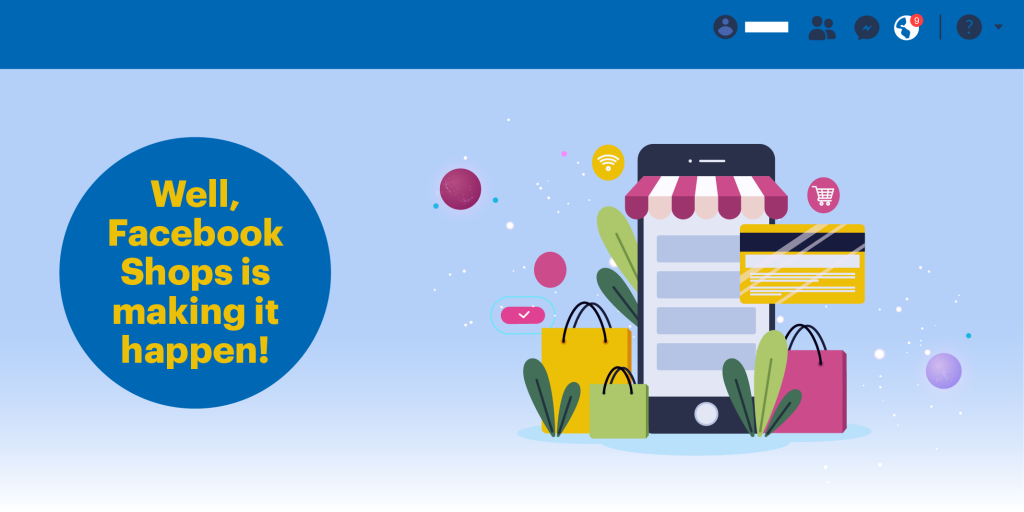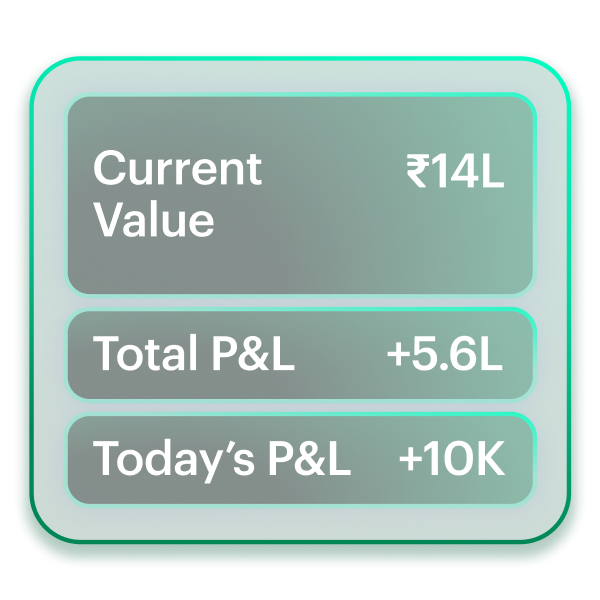Last Updated on Jun 2, 2020 by Aradhana Gotur
Businesses are opportunistic. So is Facebook! Ever since the globe has been locked-down due to coronavirus, businesses, especially those operating on a small scale, have shut shops and are struggling to stay afloat. To help them survive and grow, Facebook—the social media giant—has introduced Facebook Shops. Mmm, that sounds interesting. But what exactly is ‘Facebook Shops’ and how does it work? Read that and more in this article.
The article covers:
The idea behind Facebook Shops
How would Facebook Shops evolve?
How is Facebook Shops different from previous e-commerce products?
What’s for Facebook in Facebook Shops?
Table of Contents
The idea behind Facebook Shops
The aim is to offer small businesses a platform to showcase their products and services online and help potential customers discover them. As it is, small businesses are looking for new ways to survive, given the present situation. And Facebook is the world’s biggest social network, with over 2.6 billion active users per month in Q1 2020.
Together, these factors can help small businesses to get online presence, give them access to a massive pool of potential customers, and a golden opportunity to not only stay afloat, but also grow as they like. That said, even bigger businesses can use the facility to connect with potential customers. Also, before we forget to mention, Facebook Shops is free!
How do Facebook Shops work?
It is a simple mechanism.
Set up your business on Facebook Shops:
- Sing up for an online store for your customers on Facebooks Shops, which would be accessible on both Facebook and Instagram
- Choose the products you want to showcase on Facebook Shops
- Customize the look and aesthetics of your shop by adding your desired cover image and choosing complementary accent colours, in line with your brand image
That’s it. You are all set to roll!
Customers find your business on Facebook Shops
Next, potential customers can find your business:
- On your business’ Facebook Page
- On your business’ Instagram profile
- Through stories
- Through advertisements
Customers browse your shop and/or purchase a product
Once people spot your business on Facebook Shops, they can browse your collections, save interesting products, and order the same. However, more often than not, Facebook will redirect customers to your business’ website to complete their order. In some cases, they can directly place an order on the application, provided you have opted for Facebook Shops Checkout program, which is only available in the US as of now. This feature is still in testing, so that is all the information we have got.
Customers get help and support directly from businesses
For queries, delivery tracking, and support, your customers can directly get in touch with you (business) on WhatsApp, Instagram Direct or Facebook’s Messenger. Additionally, Facebook also plans to allow customers to view a shop and purchase a product directly on a chat on Instagram Direct, WhatsApp or Messenger.
Read also: Facebook’s Libra
How would Facebook Shops evolve?
Facebook Shops was first launched on 19th May 2020 and was available in the US. Overtime, the social media network plans to make Facebook Shops widely available and also add additional features to it. Here’s what you can expect, according to Facebook:
Integration of Facebook Shops with Instagram
Overtime, Facebook Shops would be integrated with Instagram Shop (which is set to surface in the coming months) and Live shopping. This way, you will get a wider online presence and receive higher leads and conversions.
Leverage Live video to do Live Shopping
With Instagram Shops scheduled to surface in the coming months, you would get to tag products listed on Facebook Shops in your Live video. This way, the tagged products would feature at the bottom of the Live video and customers would be able to tap on it to find out more or make a purchase.
How is Facebook Shops different from previous e-commerce products?
Well, Facebook Shops is not Facebook’s first initiative in the e-commerce world. Be it the Marketplace or any of its other products, the social media giant has allowed you to showcase your products on both Facebook and Instagram previously as well. But this time around, Facebook goes a step ahead. It allows you to upload your catalogues only once on Facebook Shops and this data would be available for your customers across Facebook’s core apps.
What’s for Facebook in Facebook Shops?
Since Facebook Shops is free for businesses, a likely question is how will the social media giant make money from it? Well, Facebook would make its buck by selling ads and rendering services relating to payments and other stuff. Moreover, Facebook Shops’ Checkout option is also a chargeable feature, which would again add to its revenue.
Well, there is a challenge and Facebook has a possible solution to it. Let’s see how it goes from here
- List of Top Performing Index Funds in India (2025) - Apr 25, 2025
- Gilt Funds in India for 2025 – Meaning, Taxation, and More - Apr 21, 2025
- Alternative Investment Fund (AIF): Meaning and Category of Various AIFs - Apr 21, 2025





